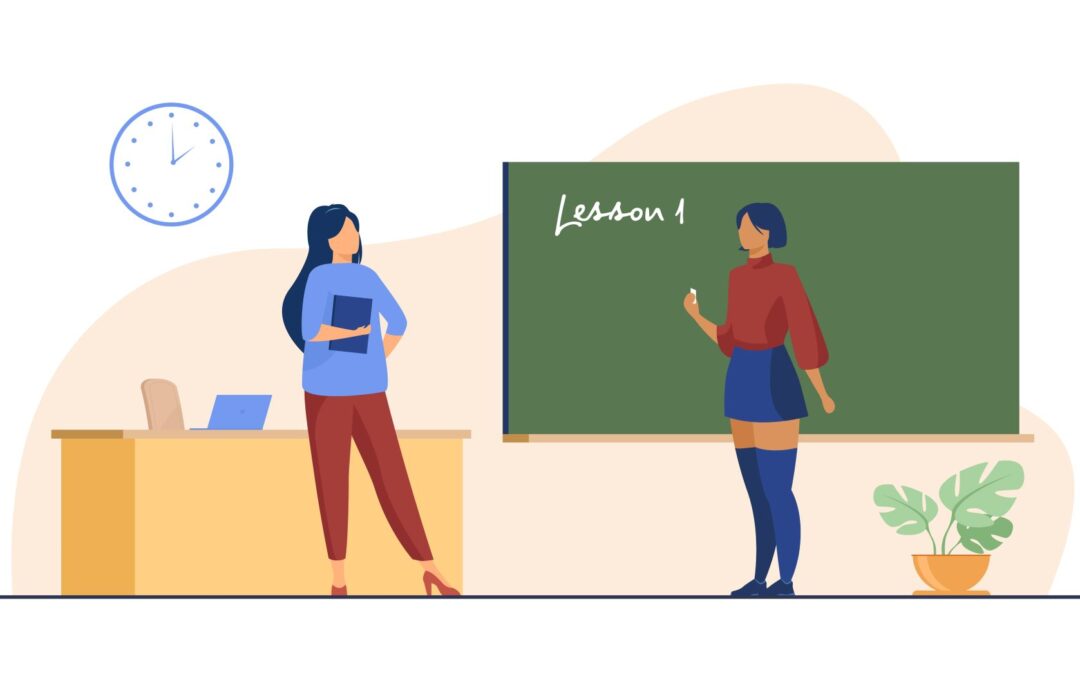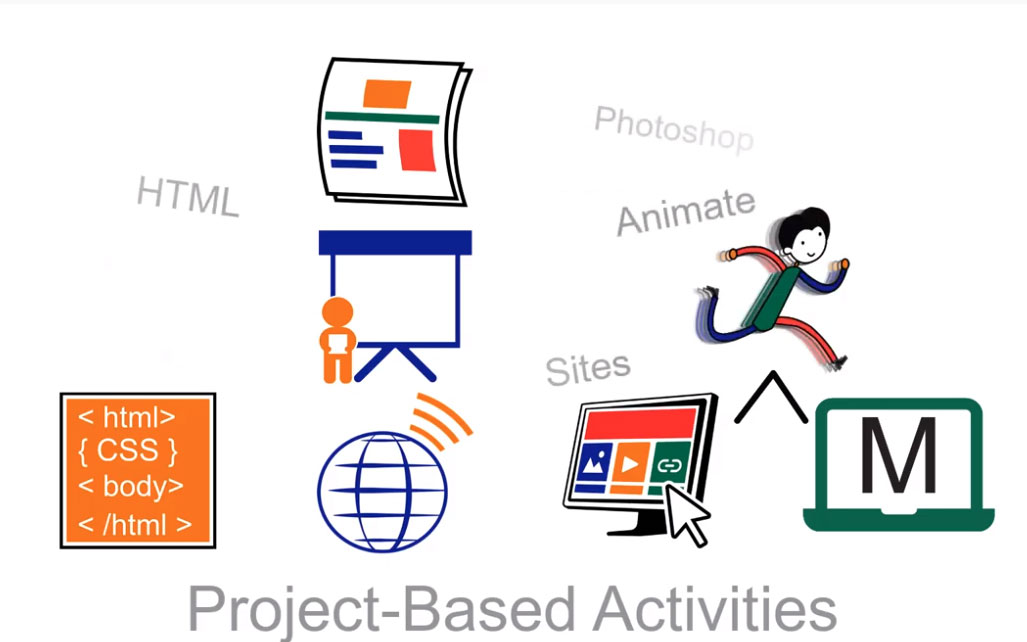
Our Students are on a Special Mission. Let us Dive into the Adventures of TechnoMission and Find out More.
Our Students are on a Special Mission. Let us Dive into the Adventures of TechnoMission and Find out More.
TechnoKids, as we know it, is an excellent platform that presents Technology Projects to K-12 students in Dubai and other Middle East regions. These hands-on technology projects are in sync with STEM pedagogy and make learning of various serious tech topics, easy & interactive. One such project is TechnoMission for students of Senior Grade 8-12 class and through this Blog, we would like to highlight the different aspects of this project, such that implementing it in the classrooms becomes easy.
Project Overview: An Introduction to TechnoMission
This project is focused on teaching kids some database skills. Database Skills are technical skills that a computer professional needs to work with complex database and manage it effectively. Planning, structuring, and constructing data in an effective manner, can lead to an impactful output.
Students need to complete the following tasks step-by-step:
In Session 1:
Students go back in time and find out the roots of space exploration. When was the first time that a space study was conducted? What were the space exploration projects undertaken by former scientists? All these answers are pretty useful to get intrigued about Space Studies. The TechnoMission projects provide a ready-made database of all the important events and timelines to delve deeper into the topic, which students need to read through.
In Session 2:
Now that students have a rough idea of the history of Space travel, they role-play and become astronauts themselves. Remember when your class teacher asked you what would you like to be when you grew up and some answered astronauts? Well, now that times have changed, children actually get to experience what it’s like being an astronaut virtually by using digital media. Through TechnoMission, students use Microsoft Paint and edit the photograph of the astronaut by placing their faces on the spacesuit. This gives them the entry ticket to TechnoNASA through which they can enter their personal details into the Space Exploration Database.
In Session 3:
The next step is Mission Cyberspace! Here, you are expected to collect some more information about space mission from the World Wide Web and store it in the information database. Students need to fill in a sheet depending on their respective topic and record the Facts in an organized manner with pictures.
In Session 4:
Here students create a table with titles such as name, description, date, and category. Now they have to fill up the details in the respective columns so that data is presented in a neat fashion.
In Session 6:
Students make a report using a standard layout in the Layout View. Our little space explorers also have the liberty to play with orientation, styles, and colors, to make the layout attractive. Once everything is in place, the report can be printed and submitted to the class teacher within IB school in the GCC region. On conclusion of this stage, children feel a sense of accomplishment and deem the Mission Complete!
The Following specifics are therefore captured in TechnoMission:
- The kit includes: A teacher’s Guide, Student Workbook, Customizable Resources, Templates, Letters to Parents, certificates of completion, and much more.
- The following topics touched upon: Language, Arts, Math, and Science
- Tech Skills honed: Data Management, Graphics, and Photo Editing
- Programs Introduced: Microsoft Office, Paint, and Access
Therefore, TechnoMission which is popularly subscribed to in Schools across the UAE, is a module worthy of investment. In the words of Dr. A.P.J Abdul Kalam, former President of India and Project Director of ISRO (Indian Space Research Organization), “You have to Dream before Dreams come true.” So, let us give wings to our children and dream big with the TechnoMission project.










Recent Comments